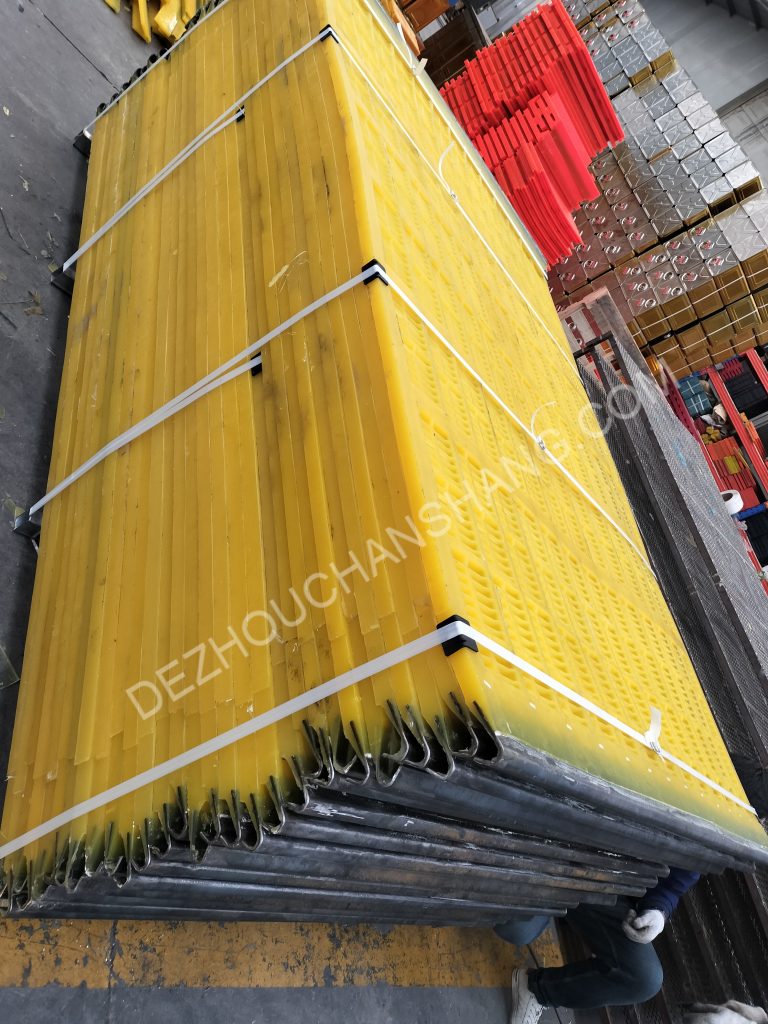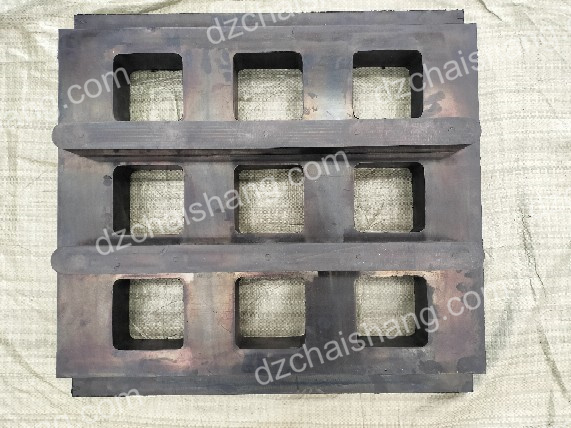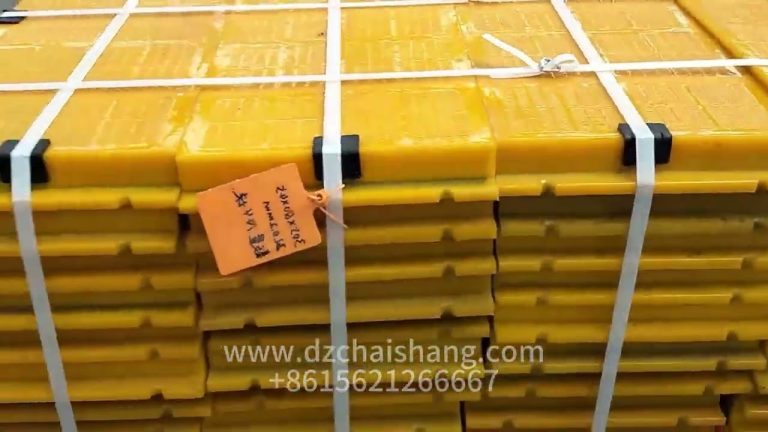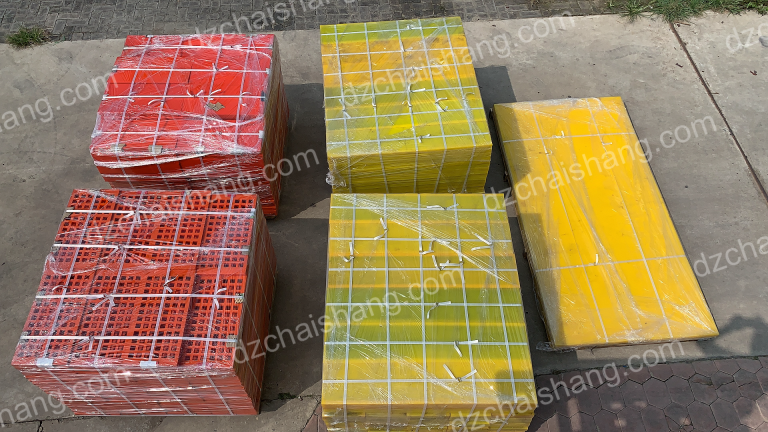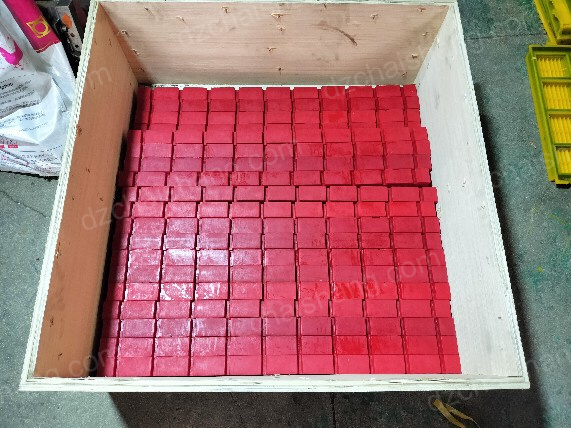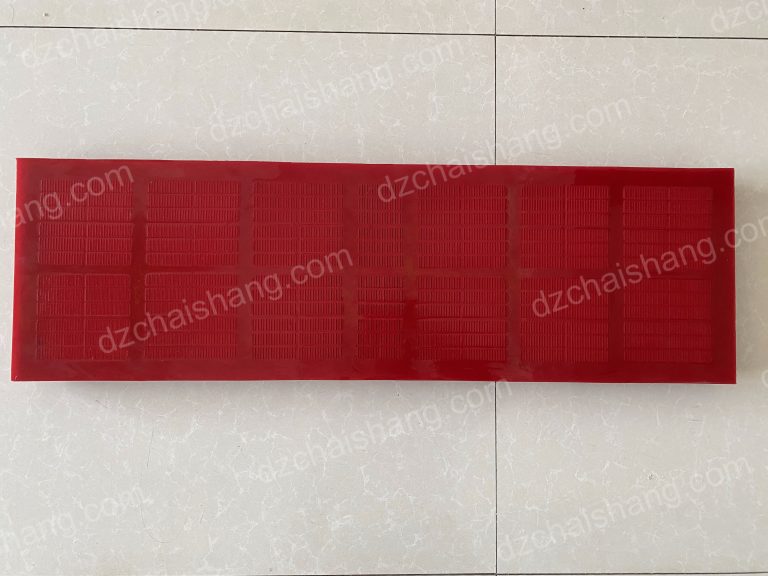shaker Polyurethane tensioned sieve Manufacture Aggregate
Benefits of Using polyurethane Tensioned Sieves in Aggregate Manufacturing
Polyurethane tensioned sieves have become increasingly popular in the aggregate manufacturing industry due to their numerous benefits. These sieves are made from high-quality polyurethane material, which offers exceptional durability and longevity compared to traditional wire mesh sieves. In this article, we will explore the advantages of using polyurethane tensioned sieves in aggregate manufacturing.
One of the key benefits of polyurethane tensioned sieves is their superior wear resistance. Polyurethane is a highly durable material that can withstand the abrasive nature of aggregate materials without wearing out quickly. This means that polyurethane tensioned sieves have a longer lifespan compared to traditional wire mesh sieves, reducing the need for frequent replacements and saving on maintenance costs.
In addition to their durability, polyurethane tensioned sieves also offer excellent screening efficiency. The tight tensioning of the polyurethane material ensures that the sieve openings remain consistent and do not stretch or deform over time. This results in more accurate and precise screening of aggregate materials, leading to higher quality end products.
Furthermore, polyurethane tensioned sieves are highly resistant to corrosion and chemical damage. This makes them ideal for use in harsh environments where traditional wire mesh sieves may deteriorate quickly. Polyurethane material is also resistant to moisture, making it suitable for wet screening applications in aggregate manufacturing.

Another advantage of polyurethane tensioned sieves is their lightweight construction. Polyurethane material is much lighter than steel or other metals, making the sieves easier to handle and install. This can help improve efficiency and reduce the risk of workplace injuries during sieve replacement or maintenance.
Polyurethane tensioned sieves are also known for their flexibility and versatility. The polyurethane material can be easily molded into various shapes and sizes to meet specific screening requirements. This allows manufacturers to customize their sieves to achieve optimal screening performance for different types of aggregate materials.
Additionally, polyurethane tensioned sieves are easy to clean and maintain. The smooth surface of the polyurethane material prevents material buildup and blockages, making it easier to keep the sieves clean and free from contaminants. This helps to maintain consistent screening performance and prolong the lifespan of the sieves.
Overall, the benefits of using polyurethane tensioned sieves in aggregate manufacturing are clear. From their superior durability and wear resistance to their excellent screening efficiency and versatility, polyurethane tensioned sieves offer numerous advantages that can help improve the quality and efficiency of aggregate production processes. By investing in polyurethane tensioned sieves, manufacturers can enjoy long-lasting performance and cost savings in the long run.


